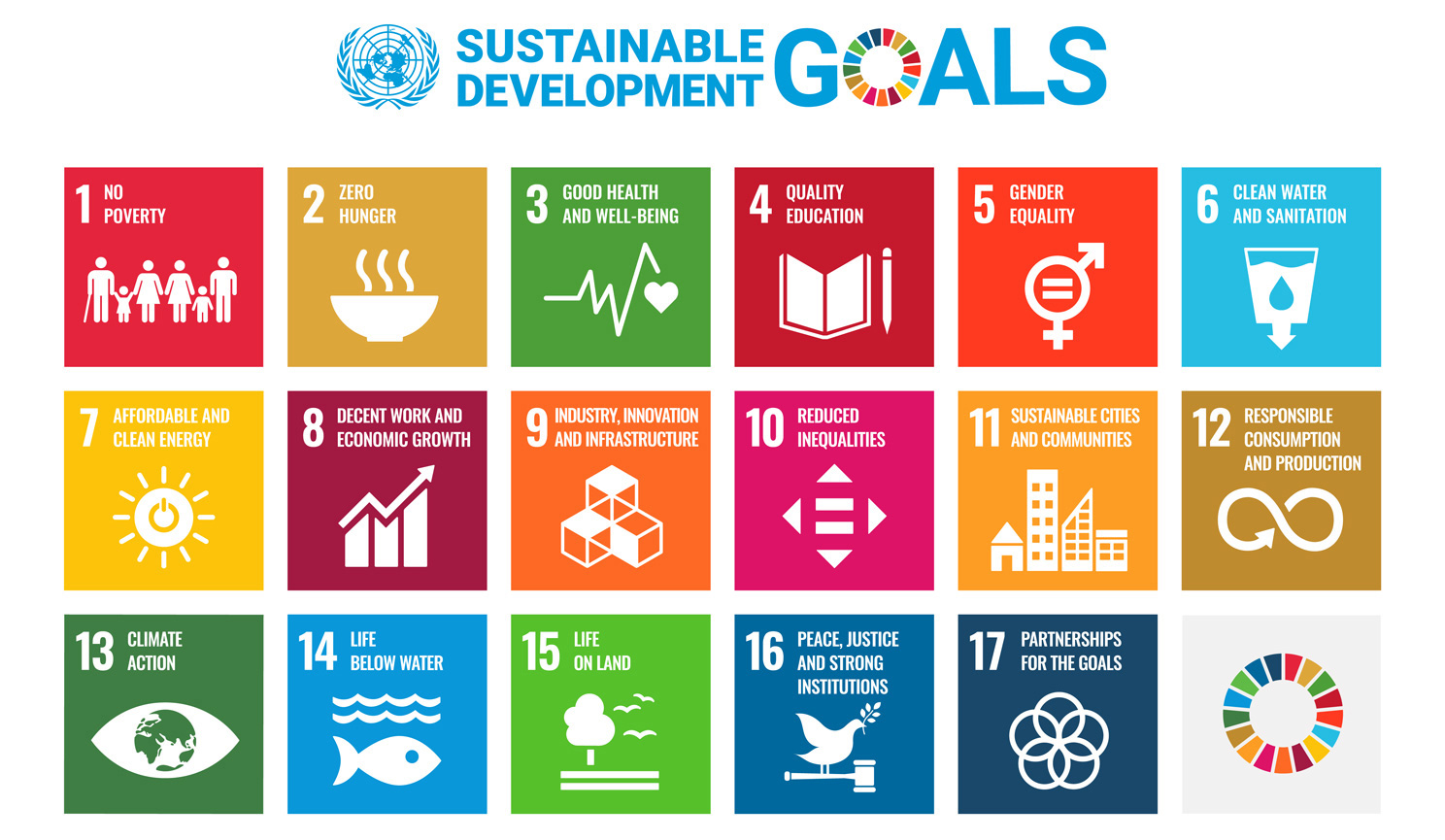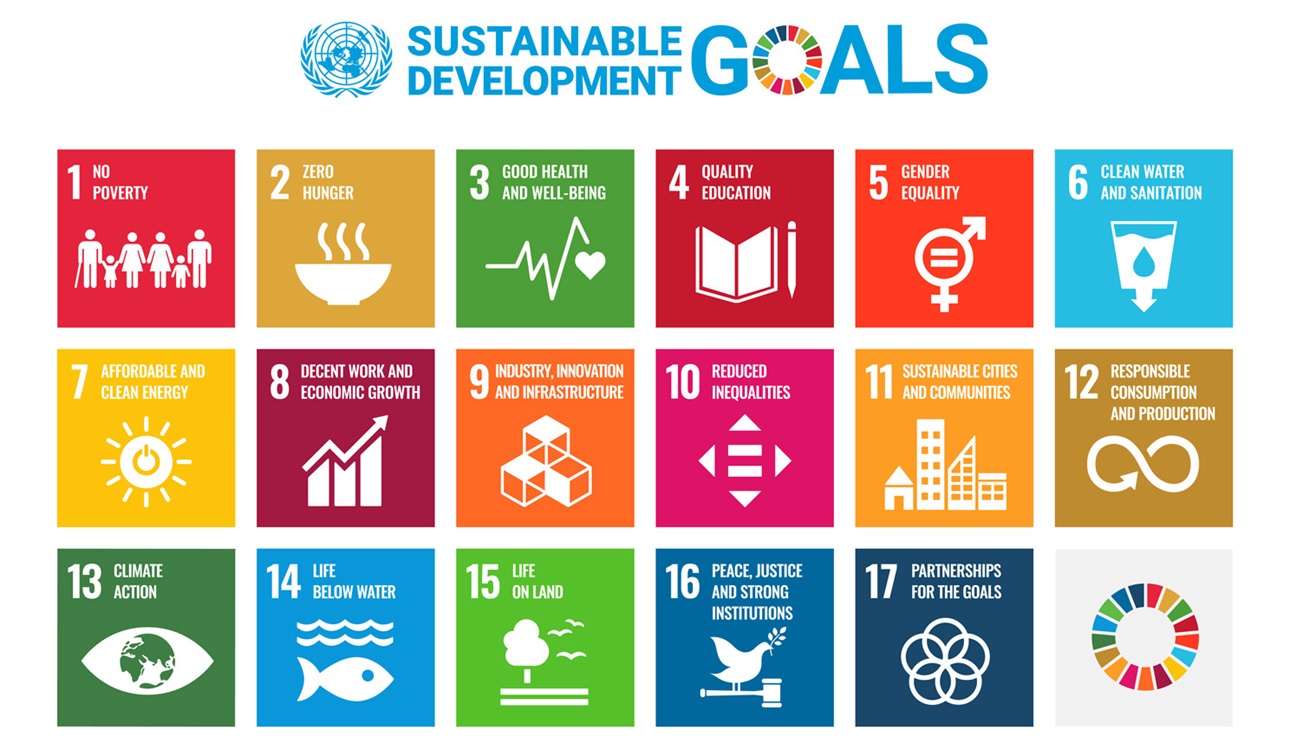
IFT Engages with the United Nations and UN Food System Summit
Select IFT member experts collaborated with the Private Sector Mechanism in supporting programming behind the UN Food System Summit.

As global food systems evolve and face new challenges, the importance of those working within the science of food cannot be downplayed. Members of IFT and the global science of food community are key to addressing the impacts of climate change and hunger, as well as improving food safety, sustainability, health and nutrition, among many others. With this in mind, it is essential for worldwide organizations, especially those involved in policy-making, to consult scientists when making decisions.
At IFT, we continue to develop our engagement with the United Nations, specifically through the Food and Agriculture Organization (FAO) and their Committee on World Food Security (CFS). Private sector and non-profit organizations, such as IFT, can become involved with the CFS Bureau and Advisory Group through the Private Sector Mechanism (PSM), which IFT joined in September 2020.
PSM is actively engaged in the UN Food System Summit, a global event convened as part of the Decade of Action to achieve the Sustainable Development Goals (SDGs) by 2030. PSM sought the expertise of several IFT food science and technology experts in support of the Scientific Group of the Food Systems Summit. These individuals, in collaboration with IFT staff, attended several meetings with representatives of the Scientific Group in the development of programmatic content as well as to bring attention to the work of the science of food community.
The Summit, which took place on September 23, aimed to launch bold new actions to deliver progress on all 17 SDGs, each of which relies on healthier, more sustainable, and equitable food systems. The event included 155 members states and featured 2,500 game-changing ideas.
Event Highlights
As global leaders expressed their increasing concern about rates of hunger and malnourishment, representatives with the U.S. Department of Agriculture (USDA) announced how the U.S. is working to mitigate impacts, including an emphasis on secure, healthy diets for all, climate change mitigation, and equity within food systems.
During the summit, the Biden-Harris Administration announced a planned multi-year investment of more than $10 billion to promote food systems transformation through innovation and climate-smart agriculture, improved infrastructure for food access and inclusive market opportunities, programs prioritizing women’s and children’s needs, improving nutrition, reducing food loss and waste, and climate change mitigation and adaptation within our own country and worldwide.
The USDA announced the formation of the Coalition of Action on Sustainability Productivity Growth for Food Security. Per the USDA, this global, multi-sector coalition will accelerate the transition to more sustainable food systems through agricultural productivity growth that optimizes the social, economic, and environmental dimensions of sustainability.
The USDA plans to invest $5 billion from the American Rescue Plan and from pandemic assistance funds, of which $4 billion is to strengthen food systems through support for food production and improved processing, distribution, and market opportunities. The additional $1 billion is to help bridge the gap from pandemic assistance to food systems transformation by supporting more efficient systems and infrastructure to ensure access to healthy diets for all.
Overall, more than 90 heads of state and government submitted national strategies and commitments for eliminating world hunger by 2030 at the Summit.
Looking Ahead
As an organization dedicated to diversity, equity, and inclusion, we believe that multi-stakeholder involvement from across the food value chain is essential to establishing and maintaining effective food systems.
We appreciate the efforts of the UN to engage stakeholders across the food value chain, including IFT. In fact, in the months leading up to the event, the summit hosted several hundred webinars and discussions for those around the globe. And as we look ahead, we recognize that there is potential to widen the scope of involvement and continue the dialogue that was started.
IFT remains committed to promoting the importance, value, and need for food science, technology, and innovation in achieving the UN’s Sustainable Development Goals and will continue to increase our engagement. To learn more about IFT’s work in this area, please visit our Policy and Advocacy webpage.
About the Author
John Ruff is the chief science and technology officer at the Institute of Food Technologists.


